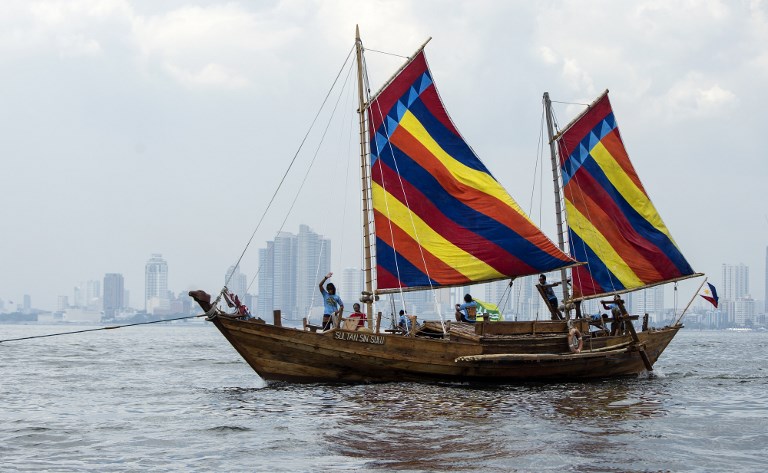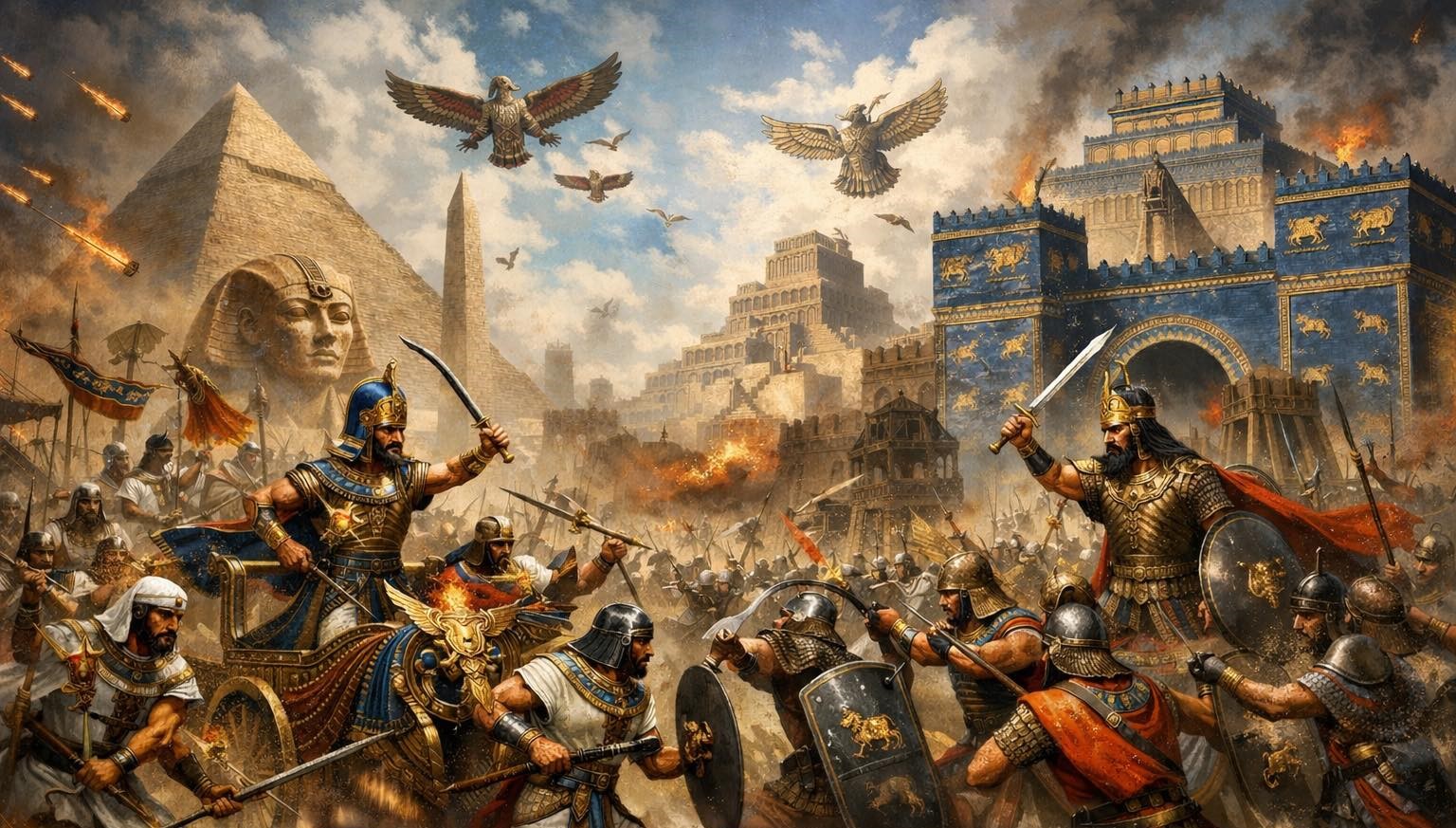Joaquim Magalhães de Castro
The arrival of the Dutch to Southeast Asia and East Asia forced the Portuguese and Spaniards, until then mutually hostile, to occasional collaborations, as they now had a powerful and determined rival willing to literally take the bread out of their mouths, or rather saying, and in this case, taking the spices out of the bags when they were already well stored.
The first attempt by these North Sea “heretics” to seize the “City of God’s Name,” i.e, Macau, took place on October 27, 1601, fortunately without any result.
So, about two years later, on July 30, 1603, they were again off the mouth of the Pearl River, having this time captured a Portuguese ship full of silk ready to demand the country of the Rising Sun. The hostile situation would lead to the resumption of maritime connections between Macau and Manila, which were interrupted. Historian José Manuel Garcia informs us that “in the first two decades of the 17th century were recorded the following presence of ships: in 1602, one; in 1604, five; in 1605, two; in 1606, one; in 1609, one; in 1610, one; in 1612, seven; in 1619, December; in 1620, five and in 1621, two.”
This new reality would enthuse the Portuguese merchants to the point that, in 1623, they asked the viceroy D. Jerónimo de Azevedo to legalize such a (mutual) advantageous activity despite the clandestine deals that had always been tolerated. The Macao bourgeoisie argued that this trade “no longer harmed the crown, as there was no longer a shortage of Chinese silk to supply the markets, even though the main fact that led the Portuguese in Macau to change their previous positions of closing relations with the Spaniards was fundamentally a result of the damage they suffered from the Dutch attacks on their ships, especially when they tried to cross over to the Indian Ocean.”
They also countered, and rightly so, that if they were to conduct the desirable deal between China and Manila “there would be less danger of the products being taken by the Dutch than if they were taken by Chinese ships, as was generally the case, as these were more easily stolen.
In addition to silk, mercury, “necessary for the refining of American silver,” was one of the products taken by the Portuguese to Philippine ports.


 Follow
Follow


